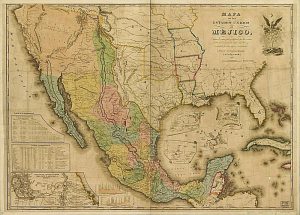 Choose your metaphor, but on the other side of decades-long collusion charges, professional climate change deniers in Congress want answers about the groups, people and states with the temerity to seek answers:
Choose your metaphor, but on the other side of decades-long collusion charges, professional climate change deniers in Congress want answers about the groups, people and states with the temerity to seek answers:
Following a months-long standoff between the House Science Committee and state attorneys general conducting an investigation into Exxon over climate change denialism, Chairman Lamar Smith (R-TX) has called a hearing to affirm his right to subpoena the state officials overseeing criminal investigations.
Smith, a noted climate change denier, has made repeated demands that the attorneys general and several environmental groups turn over their communications about Exxon, accusing them of embarking on an “unprecedented effort against those who have questioned the causes, magnitude, or best ways to address climate change.” The attorneys general, as well as the activist groups, have refused to comply with the committee’s requests, setting up a battle over subpoena power.
In a June statement, the committee’s ranking member, Rep. Eddie Bernice Johnson (D-TX), said that Smith’s demands were “not about legitimate oversight,” but that the committee was “harassing” attorneys general investigating Exxon.
While Smith has previously conducted investigations into the executive branch and scientists funded by Congress, now the chairman has issued subpoenas to two state attorneys general conducting a criminal investigation. He made a wide-ranging request for communications the states had with each other, environmental groups, and the federal government about an “investigation or potential prosecution of companies, nonprofit organizations, scientists, or other individuals related to the issue of climate change.”
Can you say protecting the rights of the accused not to even be accused? Check the fine print in the Bill of Rights, I think we missed something. Oh, and Smith – chairman of the House Science Committee. Orwell was piker.









